Kailash Deshmukh wasn’t a villain by the dictionary. He didn’t carry weapons, nor did he commit crimes that made headlines. But if you asked around in his extended family, you’d find a trail of broken trusts, unpaid loans, and years of simmering bitterness.
He was now In his early fifties — thinning hair, a tired gut, and an increasingly quiet home in a two-bedroom flat in the suburbs of Nashik. The walls had seen better days, as had his relationships.
His wife, Sumati, still lived with him. A mild-mannered woman in public, she had always quietly stood by Kailash. But within the family, everyone knew she wasn’t just a spectator. She helped forge the numbers, nudged Kailash to take shortcuts, and remained silent even when the money they “borrowed” from relatives never made its way back.
“It’s only family,” she would say. “We can return it when we’re more stable.”
But that stability never came. What came instead were four daughters — Meena, Rupa, Shalini, and Kriti — and a home that grew colder by the year.

A Lifetime of Borrowed Goodwill
In his youth, Kailash worked in a transport company. It was an honest job, but he always thought it too small for his “ambition.” That ambition led him to sweet-talk an uncle into giving him ₹1.5 lakhs to start a logistics venture. The uncle never saw that money again. Instead, Kailash bought a second-hand car and sold it off to clear personal loans.
One relative after another learned to stop trusting him. Whether it was money, favours, or help with admissions, Kailash always had a reason why things went wrong.
“I was about to return it, but the investment flopped.”
“Your aunt gave me permission. Ask her, not me.”
“I only did what any smart man would do in this world.”
Sumati never objected. In fact, she helped sugarcoat the lies when relatives called or visited. She’d cook elaborate meals and distract them while Kailash vanished out the back door. Over the years, they both perfected the art of polite betrayal.
The Daughters See Through It
At home, things were different. The daughters watched quietly. As children, they believed their father’s stories — about how “jealous” relatives wanted to pull him down or how “bad luck” had followed him all his life. But as they grew, they began to understand the real pattern.
Meena, the eldest, was the first to confront them.
“I don’t want to be like you,” she said one night after overhearing a phone call about another loan scam. “All you two have built is resentment and bad blood.”
Sumati slapped her. “Don’t talk like that about your father.”

But the damage was done. Meena kept her distance after that. She studied hard, took a teaching job in another town, and visited home only for festivals — and even then, just to check on her sisters.
Rupa, the second one, turned bitter. “Why should I even try to be decent? Look what honesty got our family.” She drifted away from studies, entered a relationship her parents disapproved of, and eventually moved in with her boyfriend without informing anyone.
Shalini and Kriti, the younger ones, stayed quiet. But the silence wasn’t respect — it was calculation. They knew the world outside wouldn’t be forgiving. They didn’t want their parents’ reputation to stain their chances.

The Relatives Go Silent
Over the years, Kailash stopped receiving wedding invitations. No one called for advice. Nobody lent money anymore — not even small change. One cousin returned ₹200 that Kailash had given for a school fee long ago.
“I don’t need your money. I just don’t want you claiming favours,” he had said coldly.
At a funeral, an elderly aunt who once helped raise Kailash’s daughters didn’t even acknowledge Sumati when she offered tea.
“Save your tea and your lies,” the aunt said, loud enough for the neighbours to hear.
Kailash laughed it off, but later that night, he paced the house for hours.

Respect Can’t Be Stolen
Despite everything, Kailash still believed his daughters would be there for him. After all, he was their father.
But when he fell ill — nothing major, just a recurring stomach problem and weakness — none of them rushed home. Meena sent money but no message. Rupa sent a sarcastic text: “Maybe karma causes acidity too.”
It wasn’t hate. It was exhaustion.
One day, Shalini finally snapped at dinner.
“Do you realise we have nothing to inherit except people’s curses?”
Kailash threw his plate. “I gave you all a roof!”
“No, you gave us a reputation we’re ashamed of,” she replied.
Sumati just sat there, silent.

The Smallest Cut
The moment that broke him wasn’t a slap or a confrontation. It was subtle.
Kriti, the youngest, had just finished her final exams. Kailash asked, “Should I come with you for your admission interview?”
“No,” she said without looking up. “I’ll ask Meena didi to take me. I don’t want your name anywhere near the form.”
That night, he finally said it out loud to Sumati.
“I think we’ve lost them.”
Sumati didn’t respond.
She just folded her sari carefully, as if even this conversation needed to be packed away and forgotten like every uncomfortable truth in their life.

Moral of the Story:
When you build your life on deception — even with your partner’s support — the day comes when even your own children want nothing to do with your name.
Receive Stories and Articles in your Inbox!
We won’t send any promotional or spam emails.
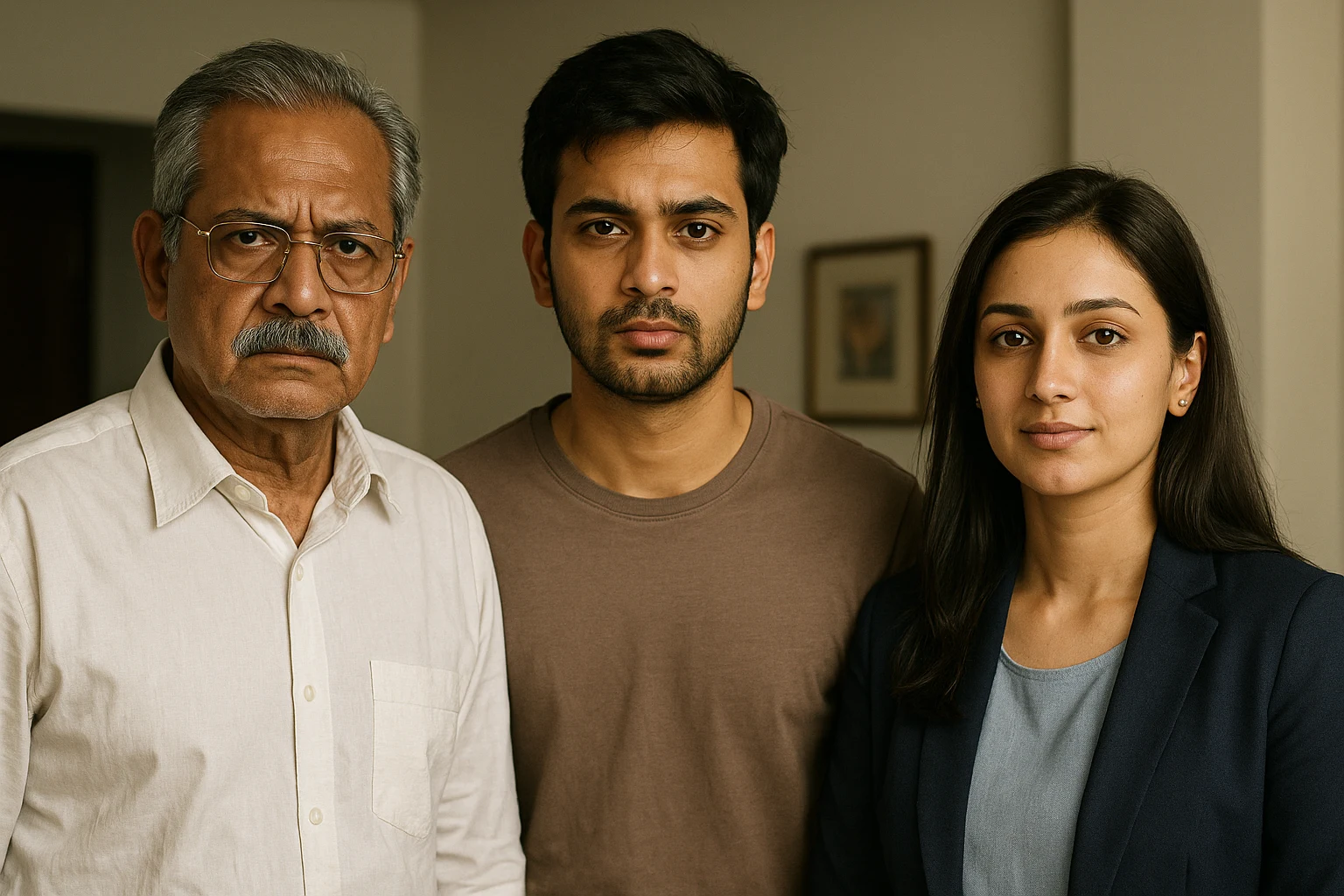

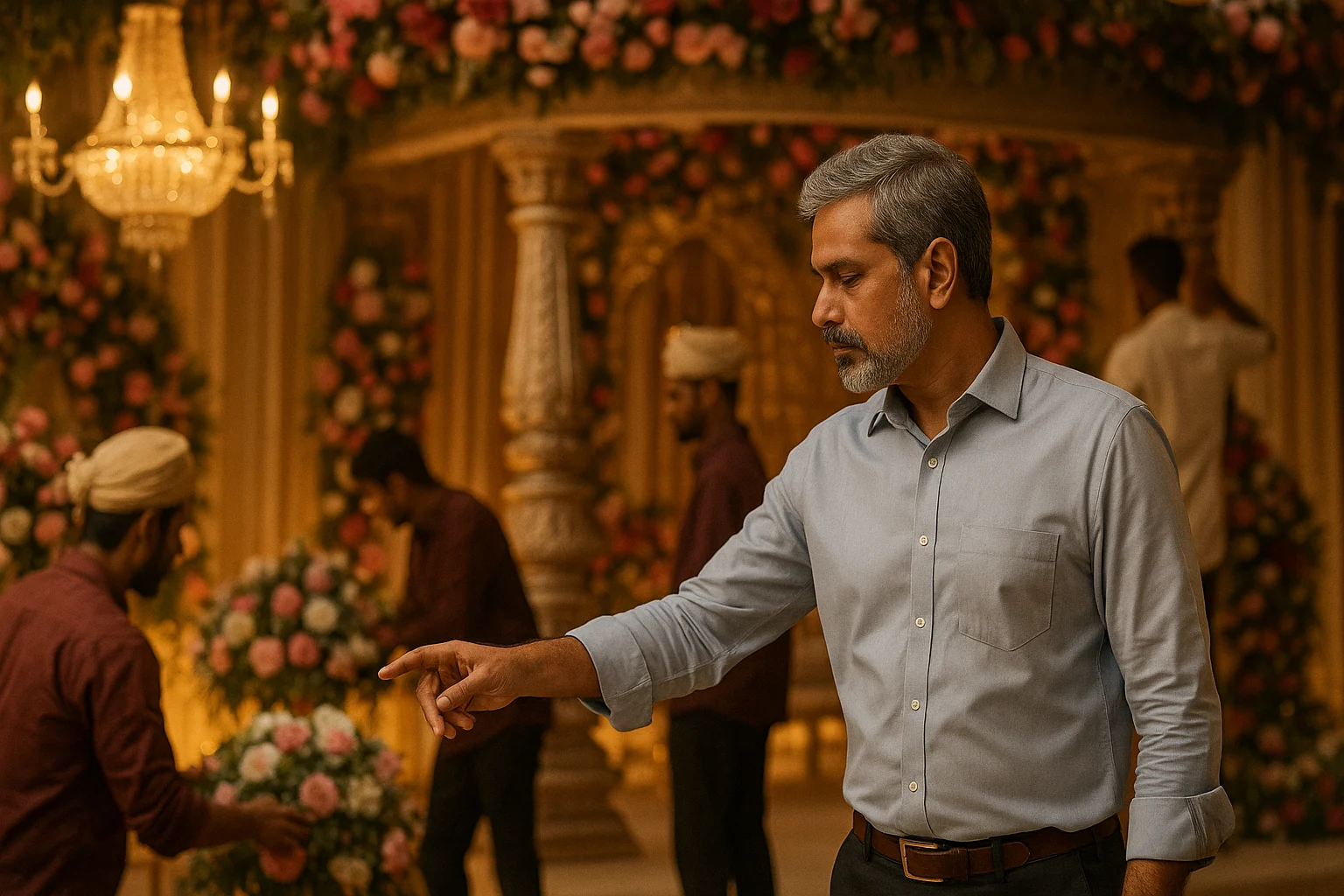
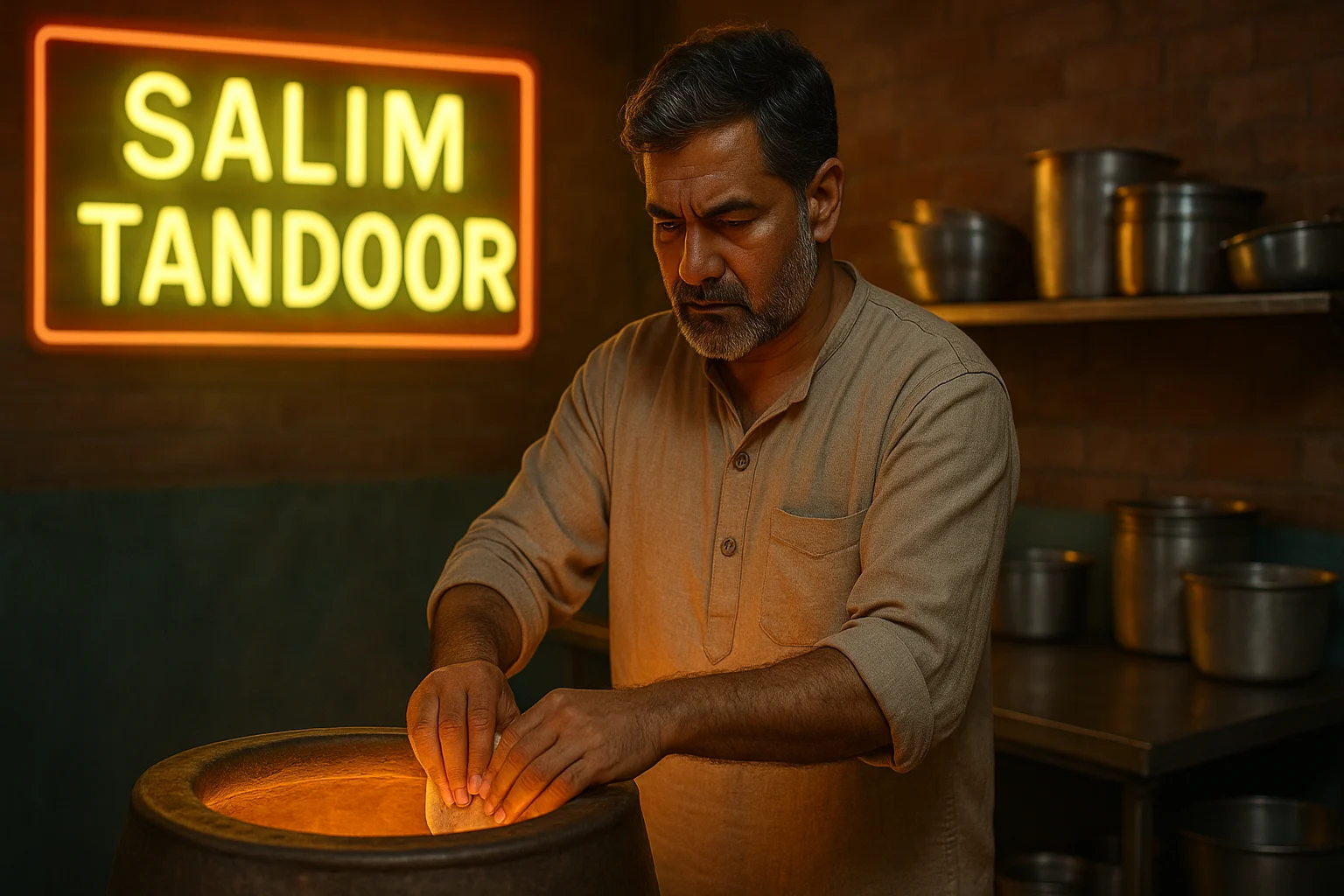
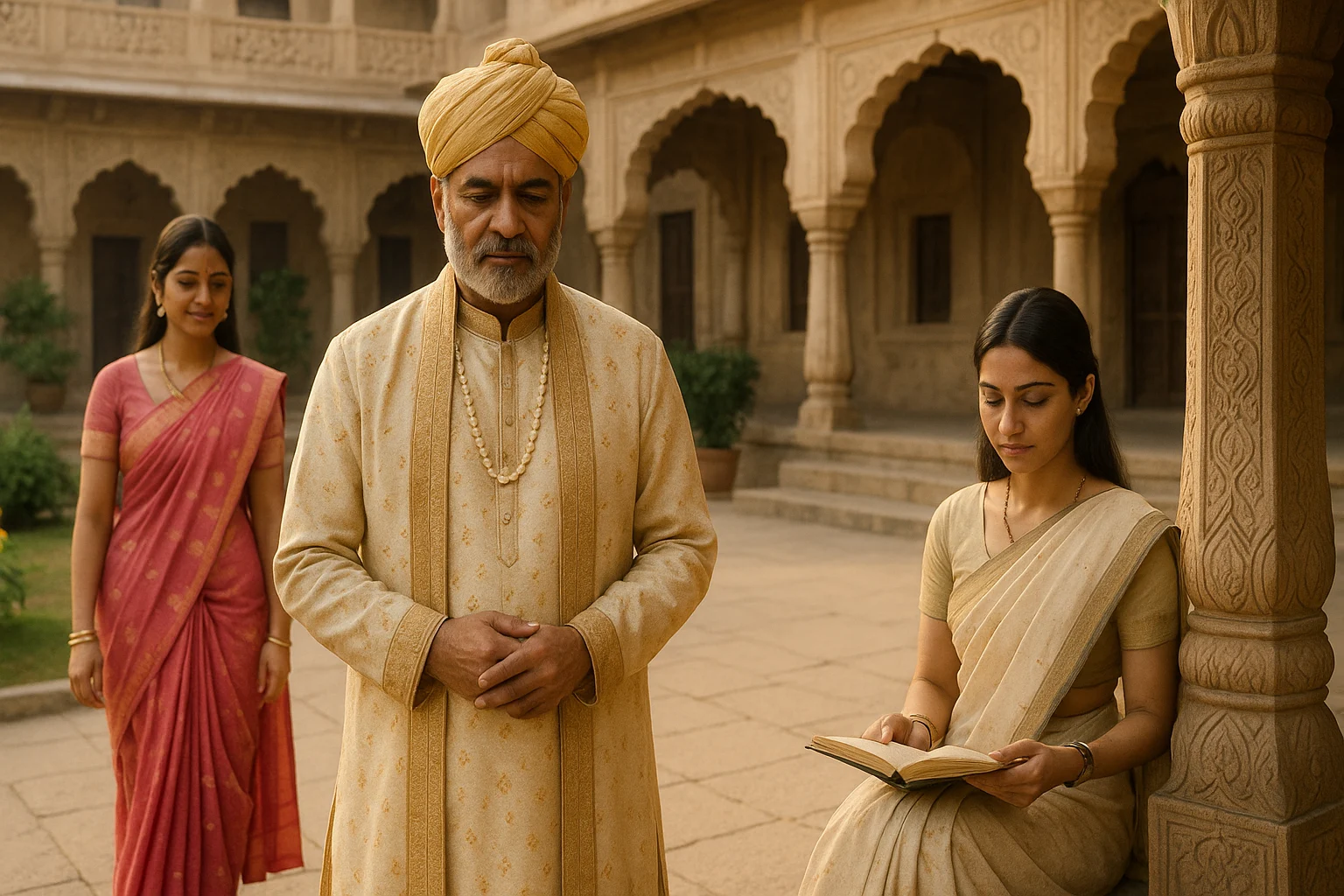
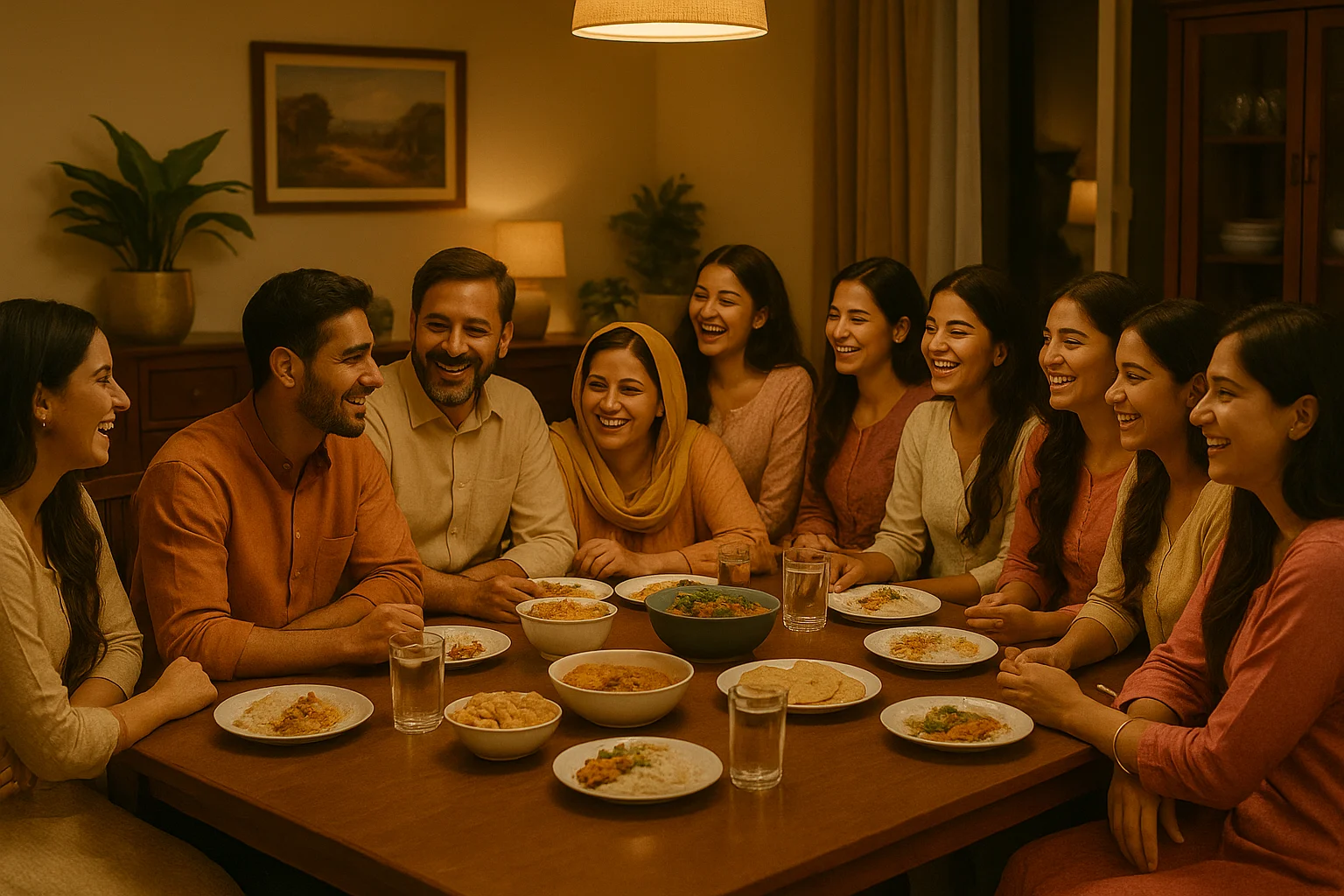
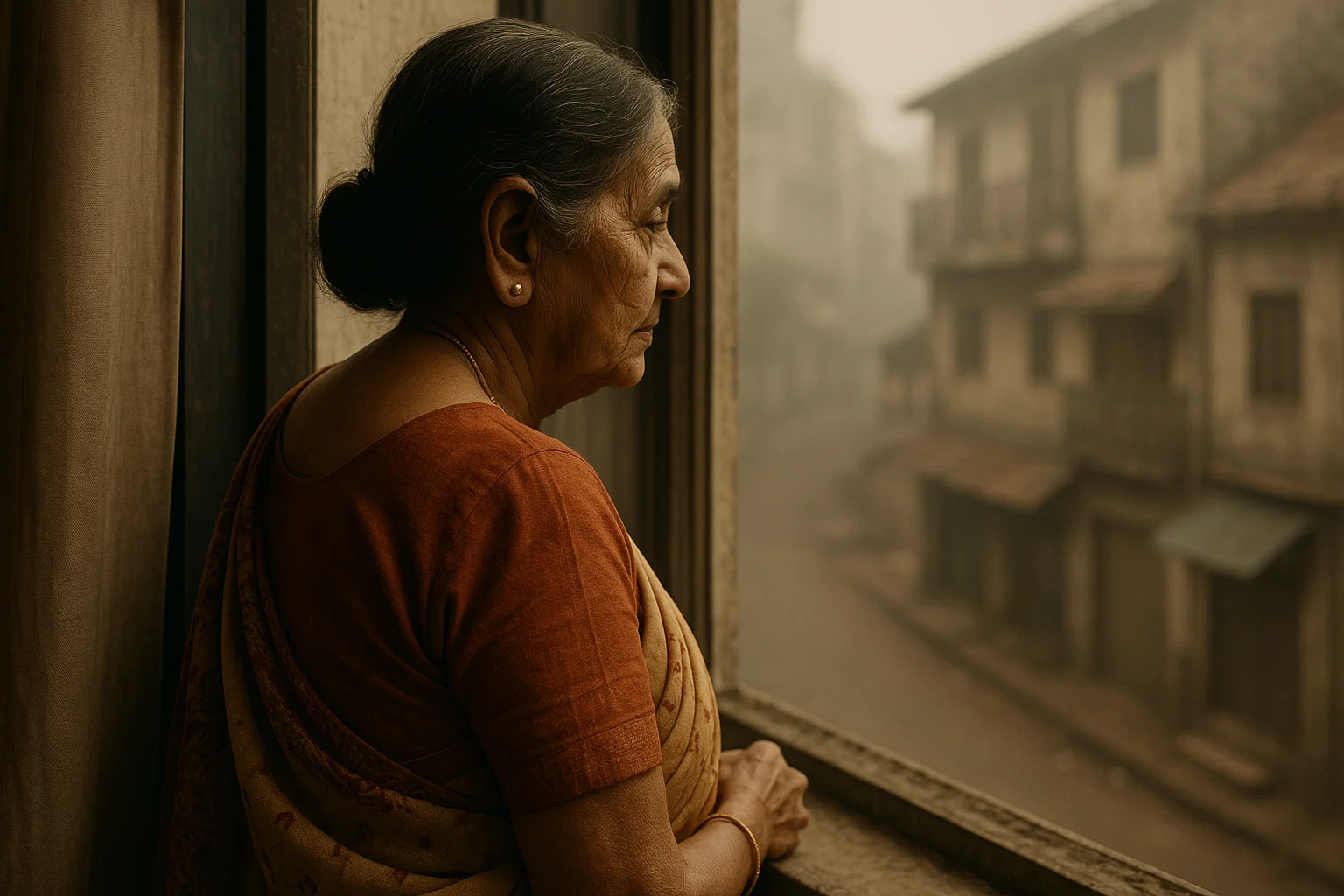

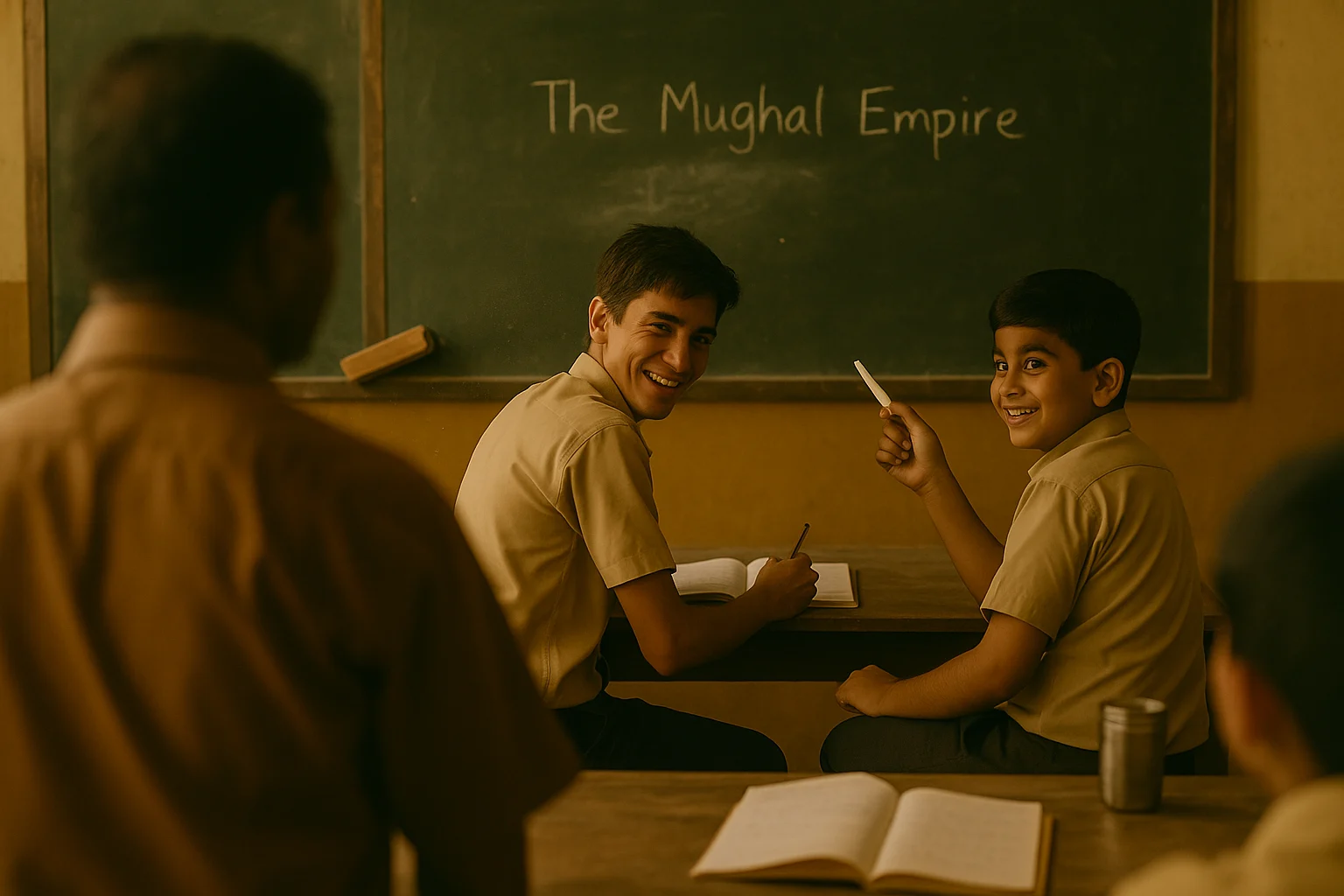
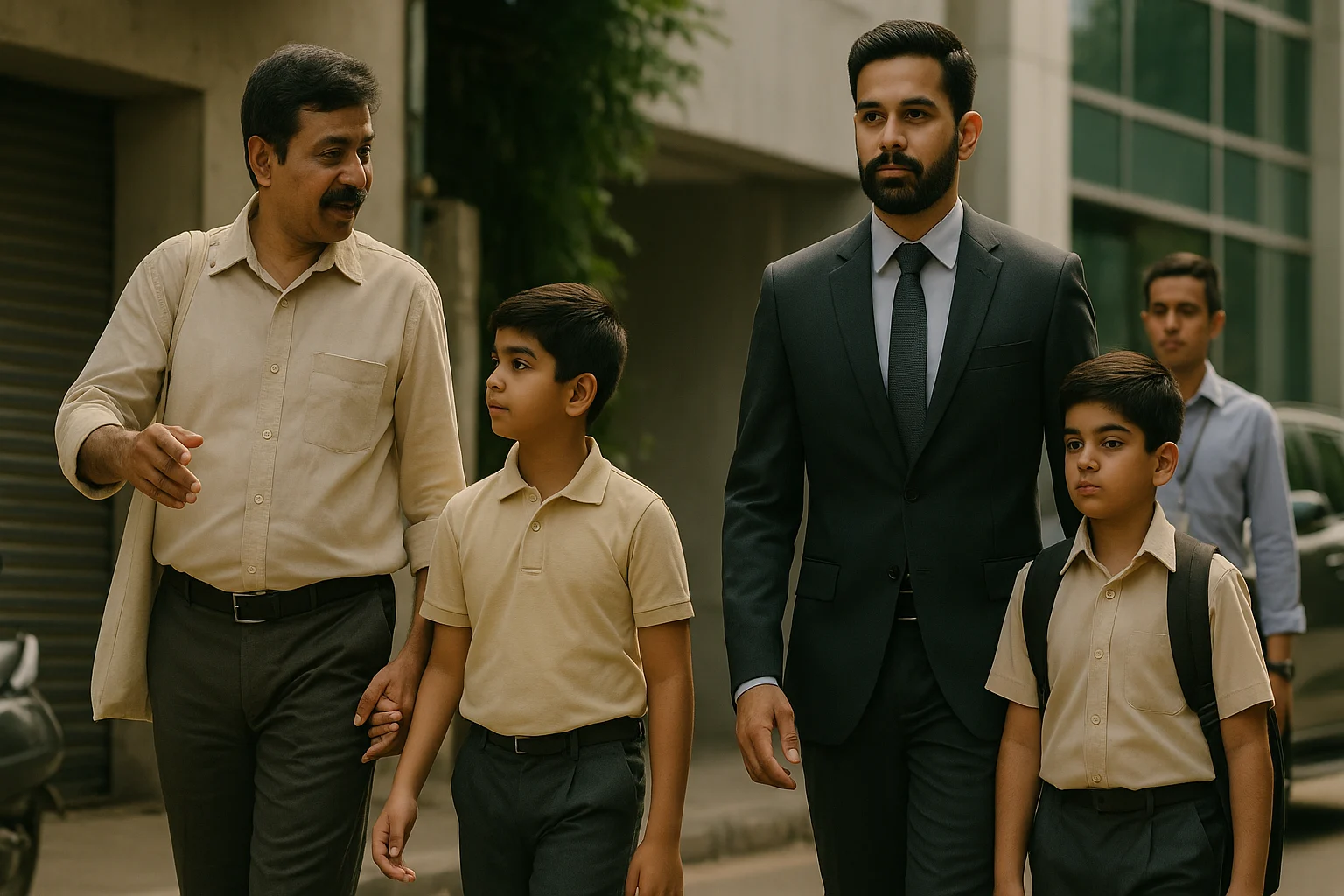
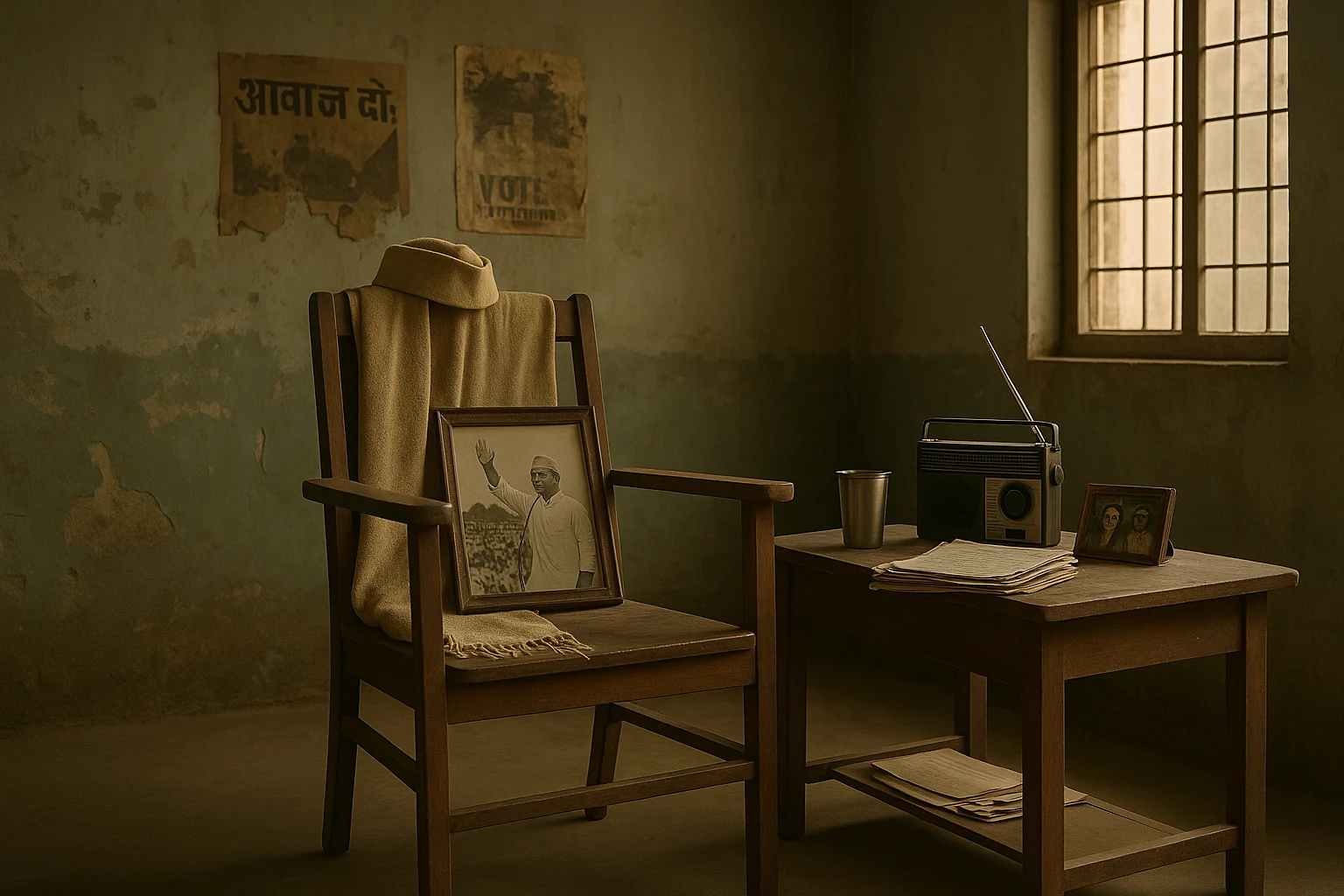


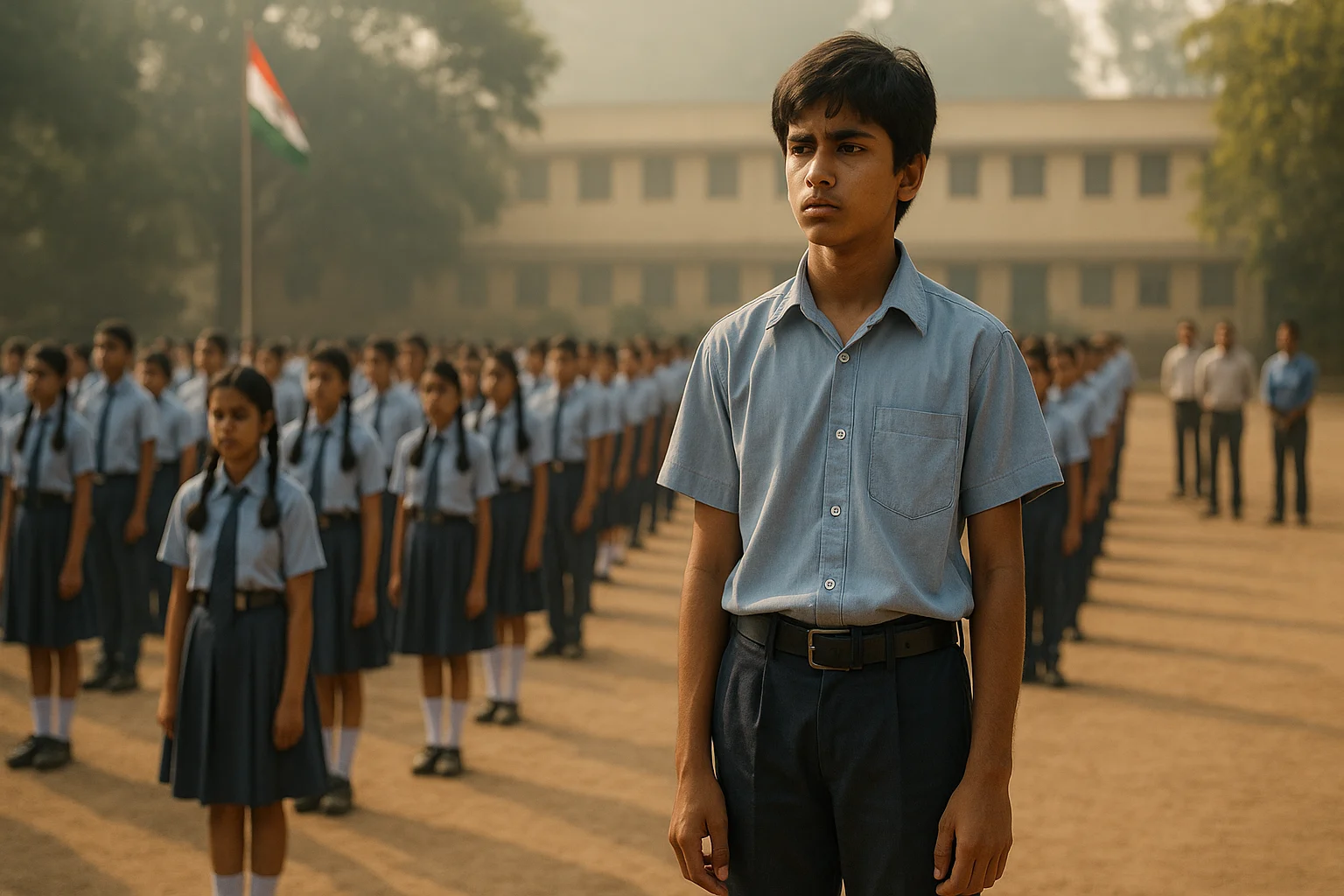
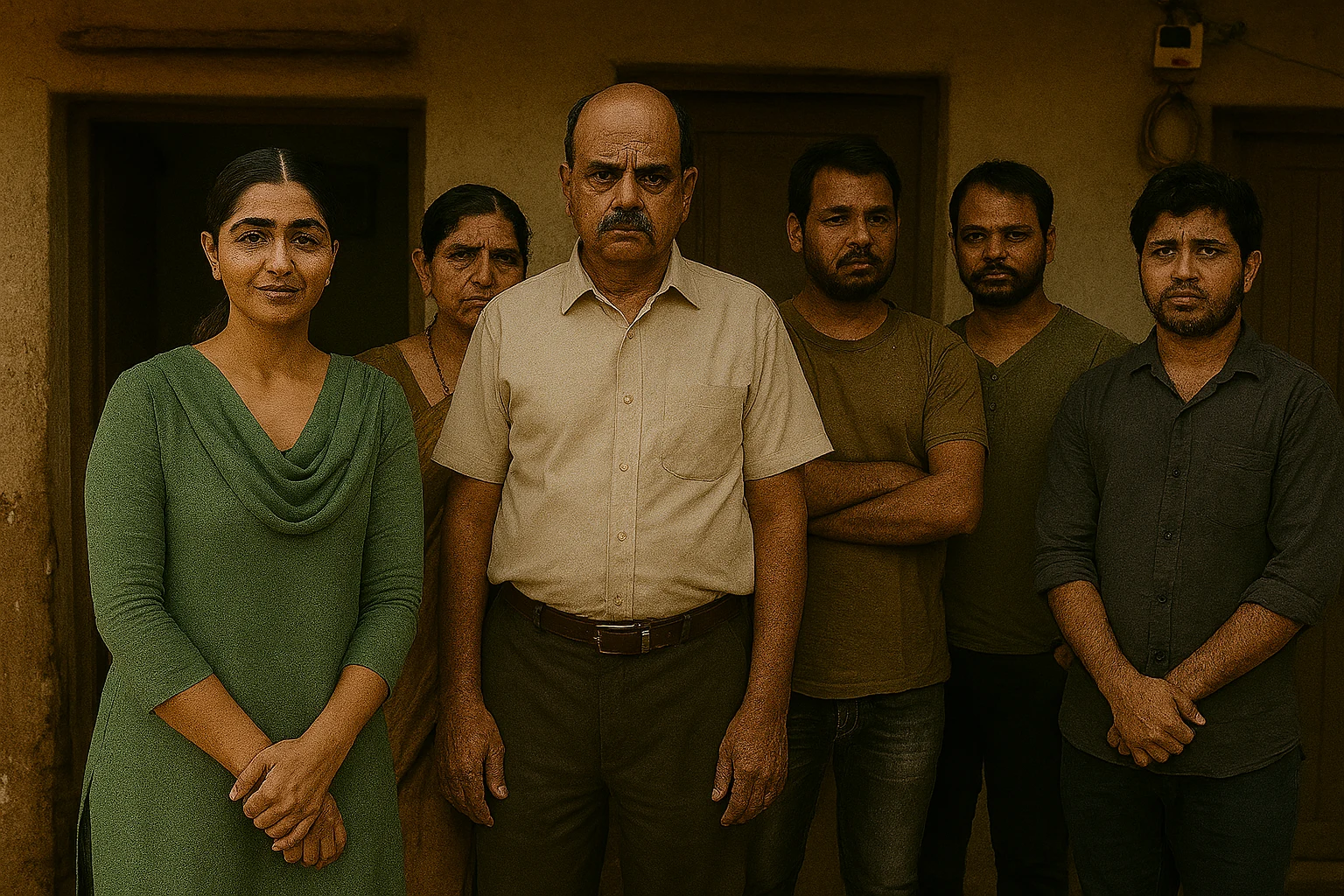

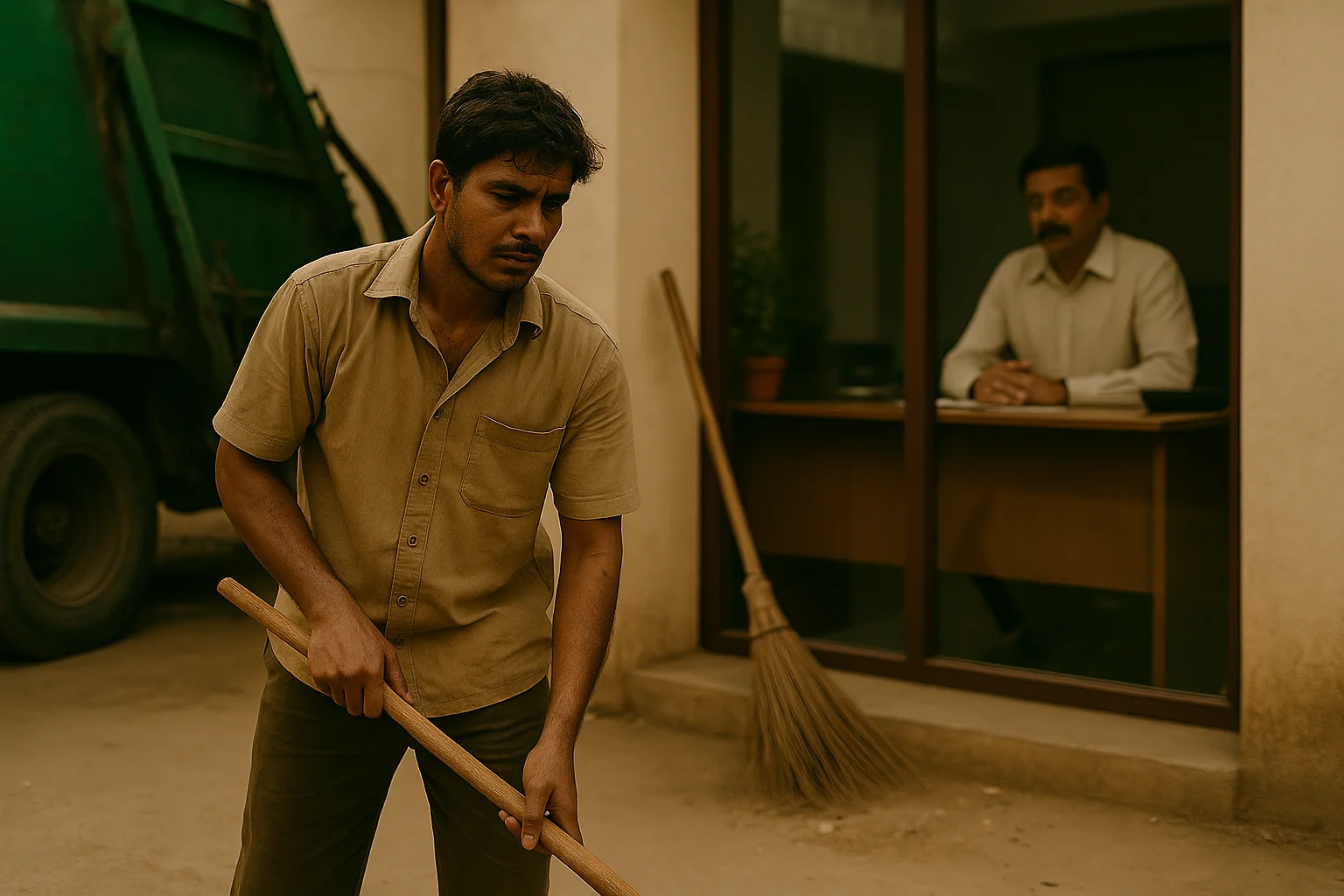
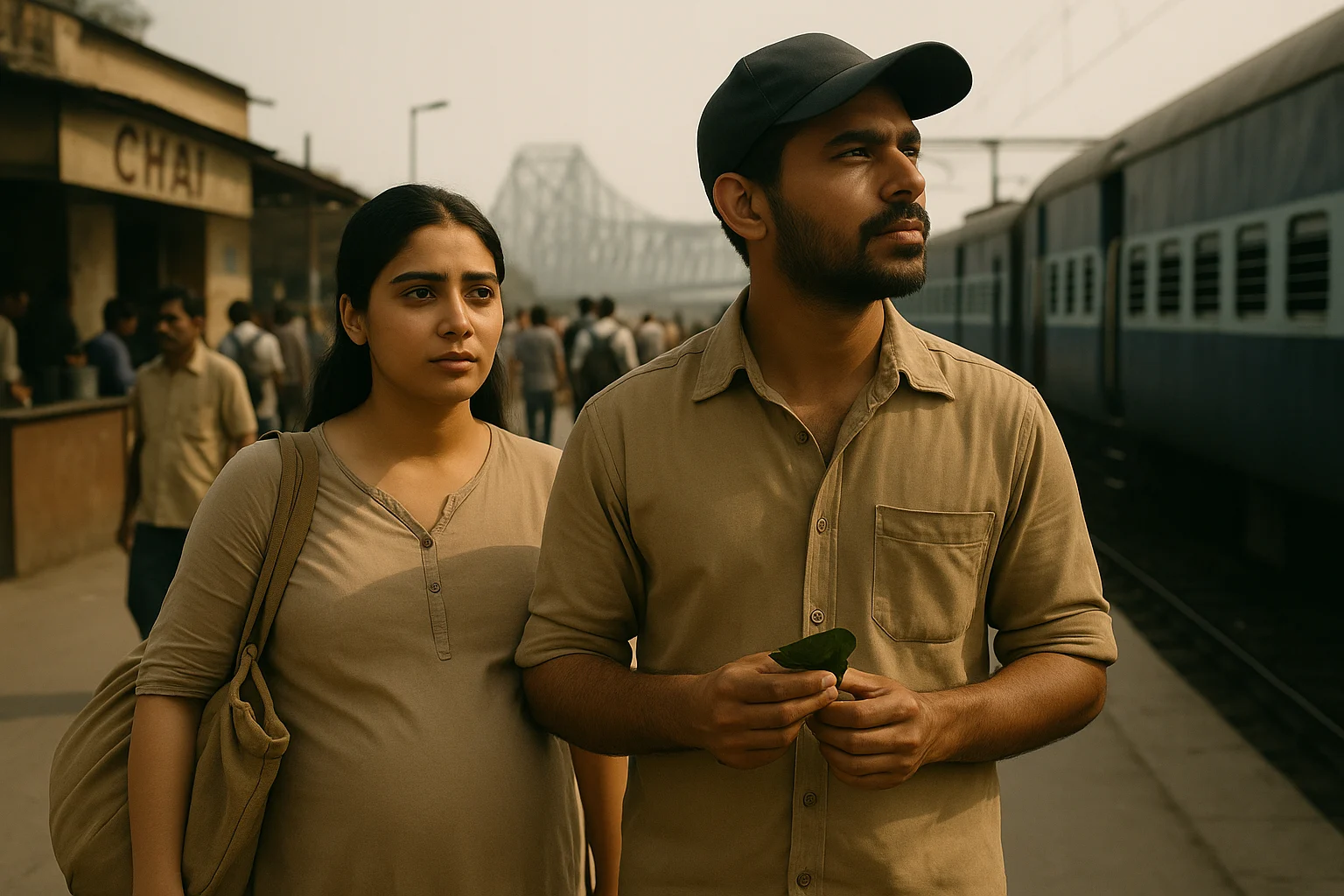
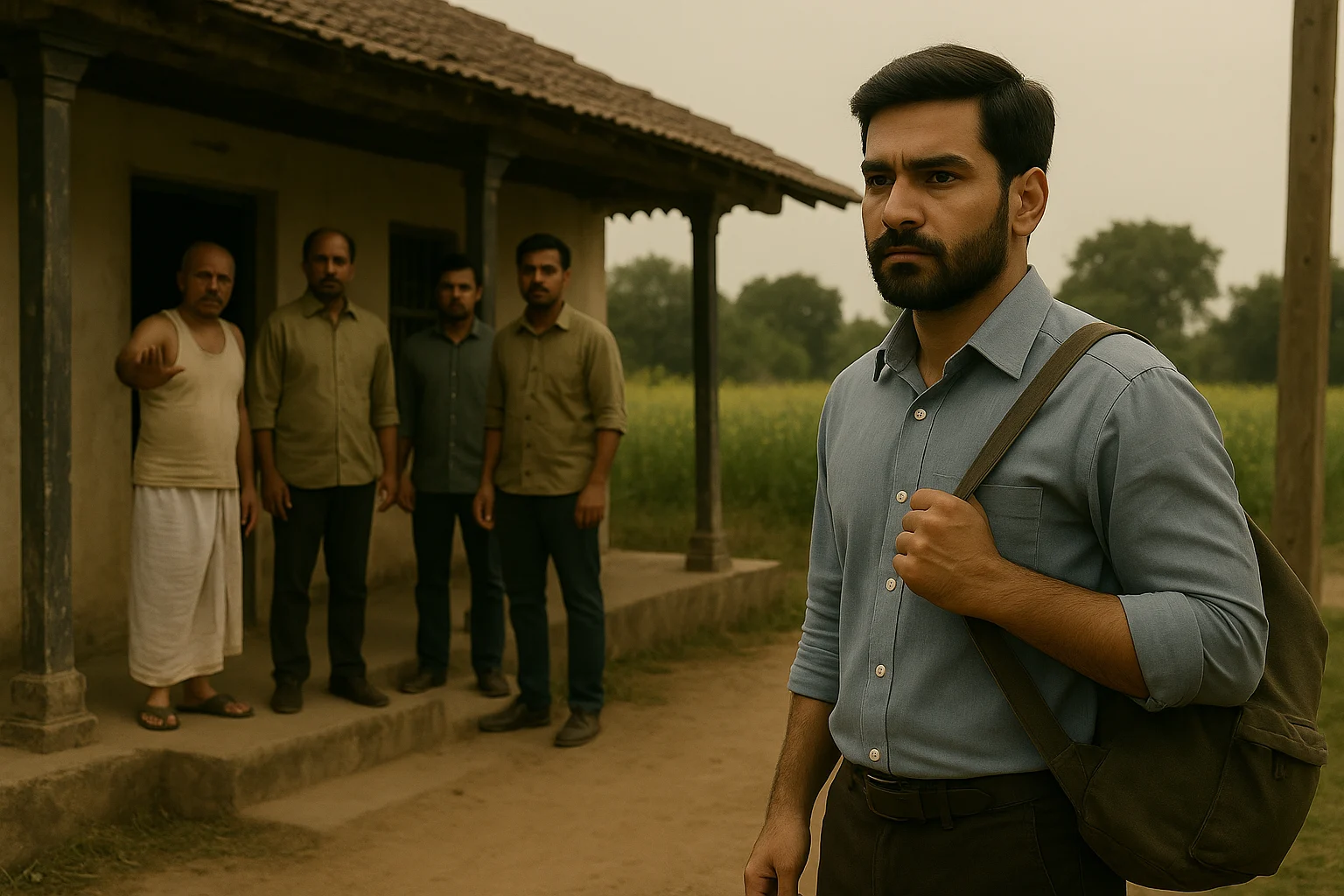
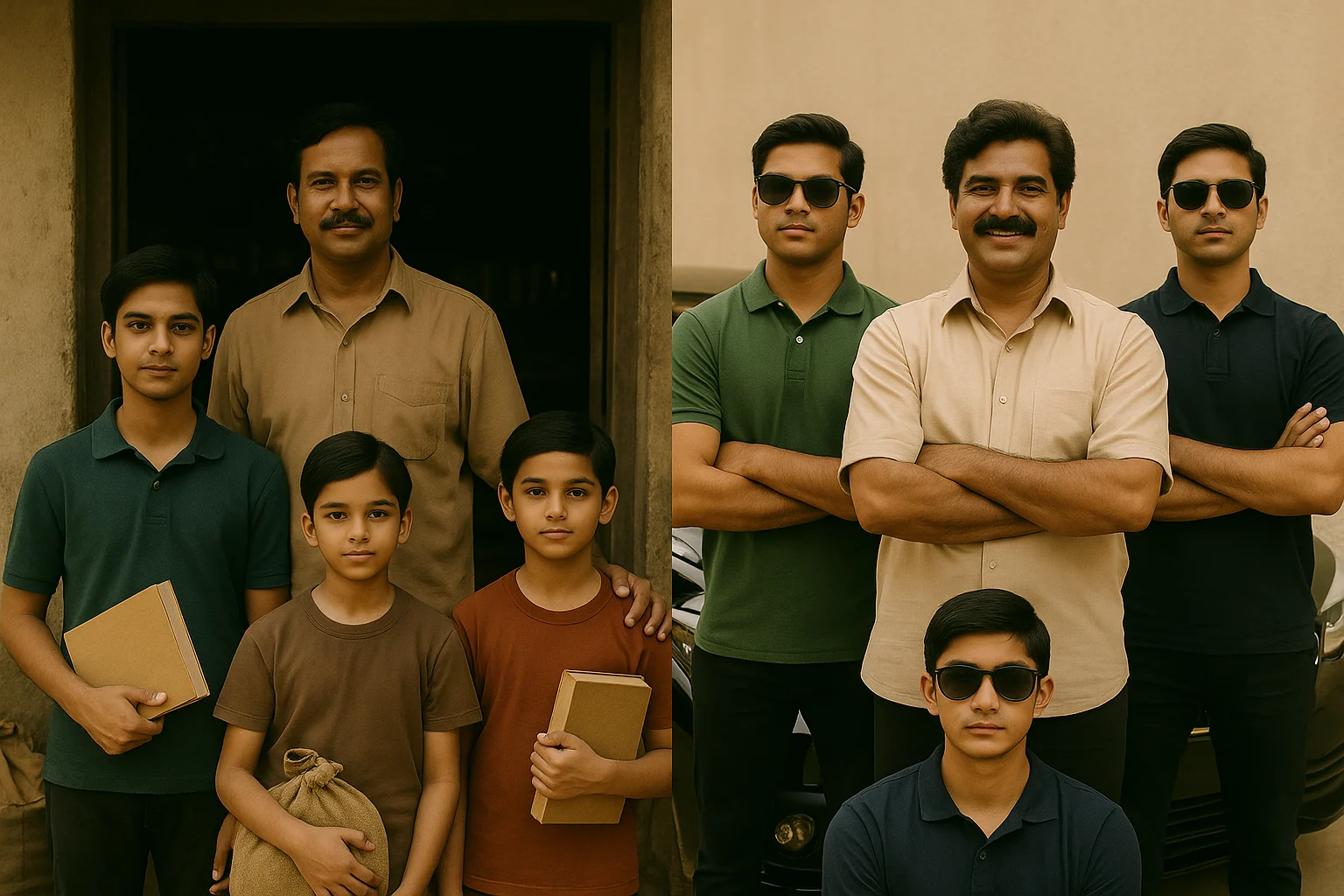
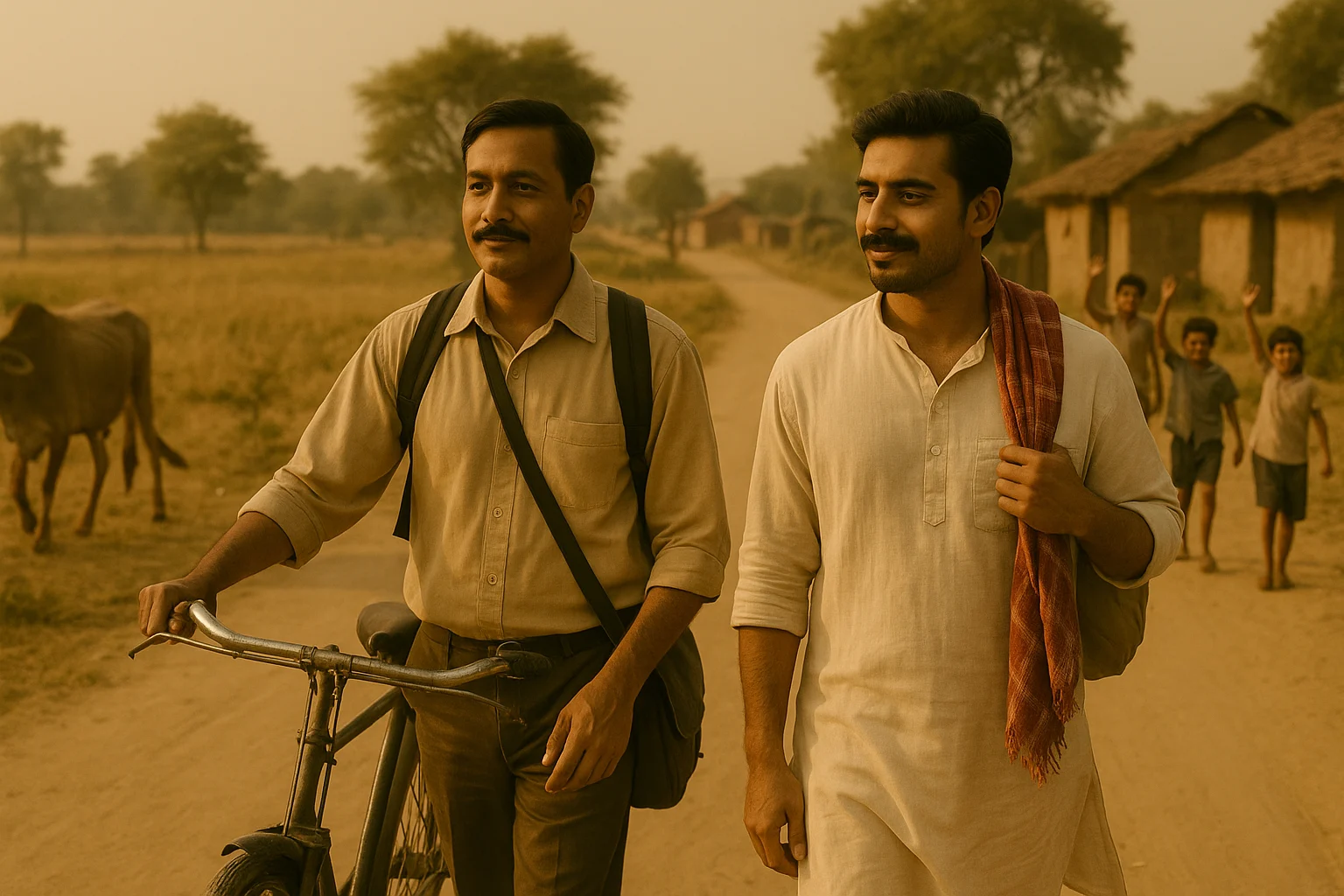
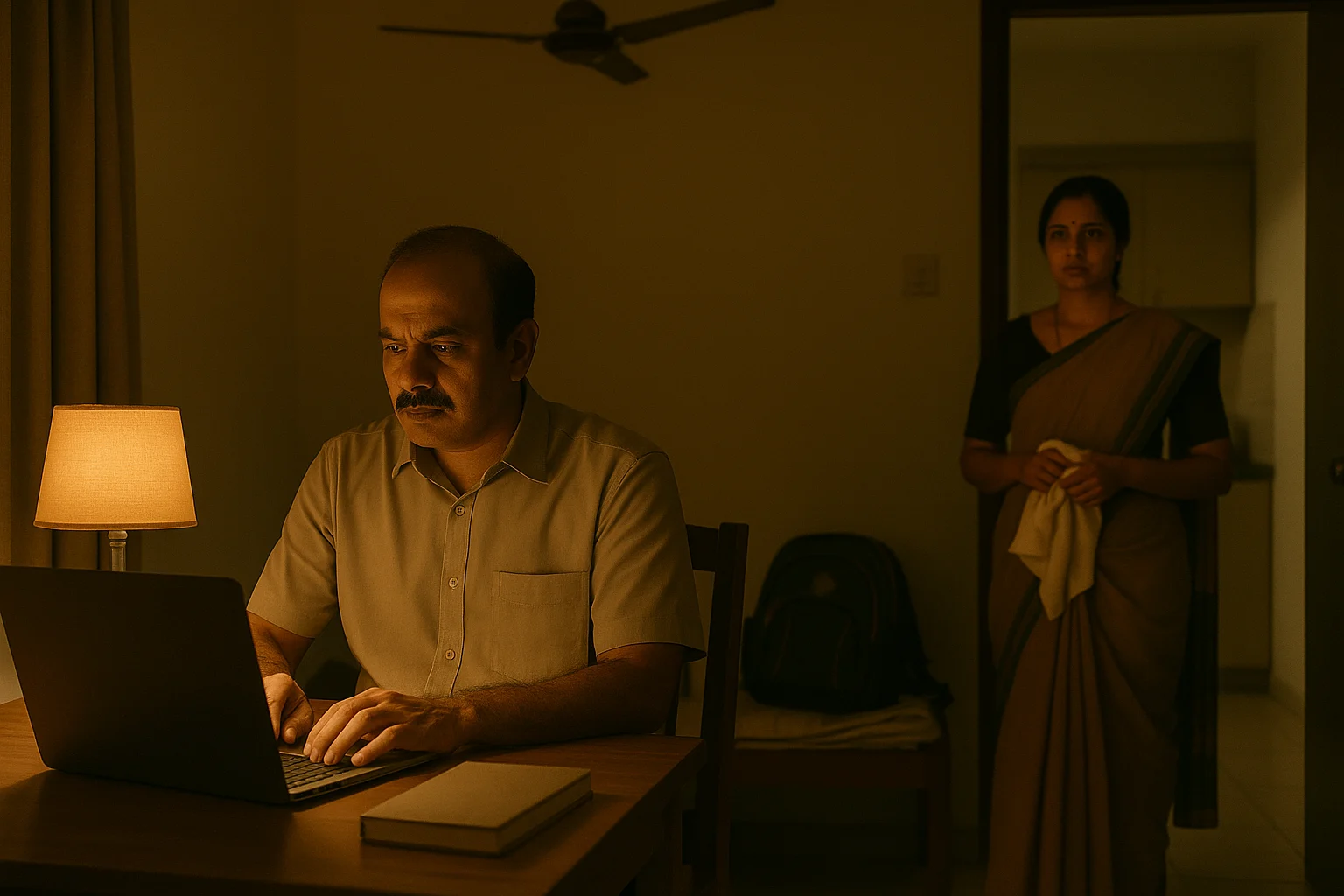








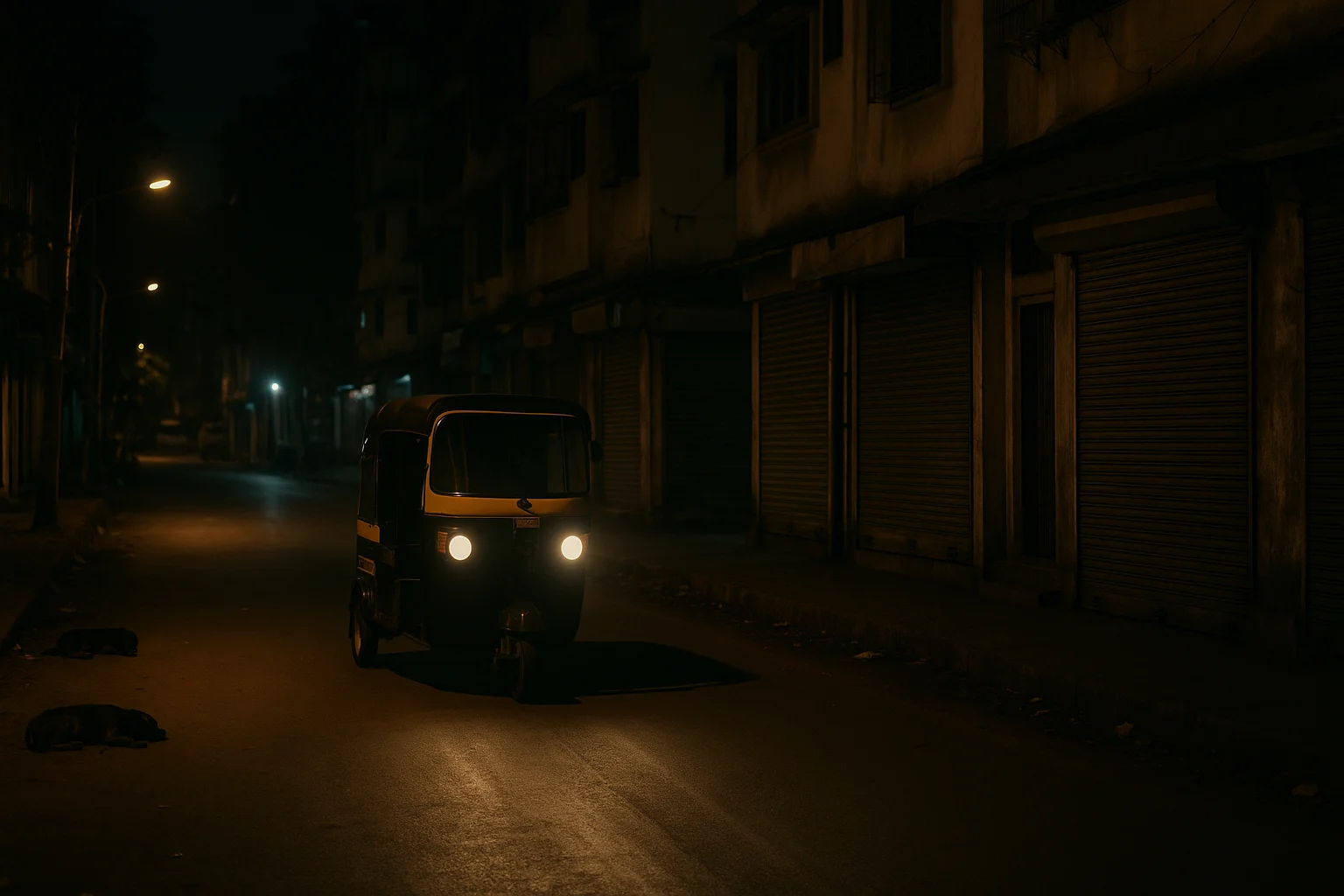
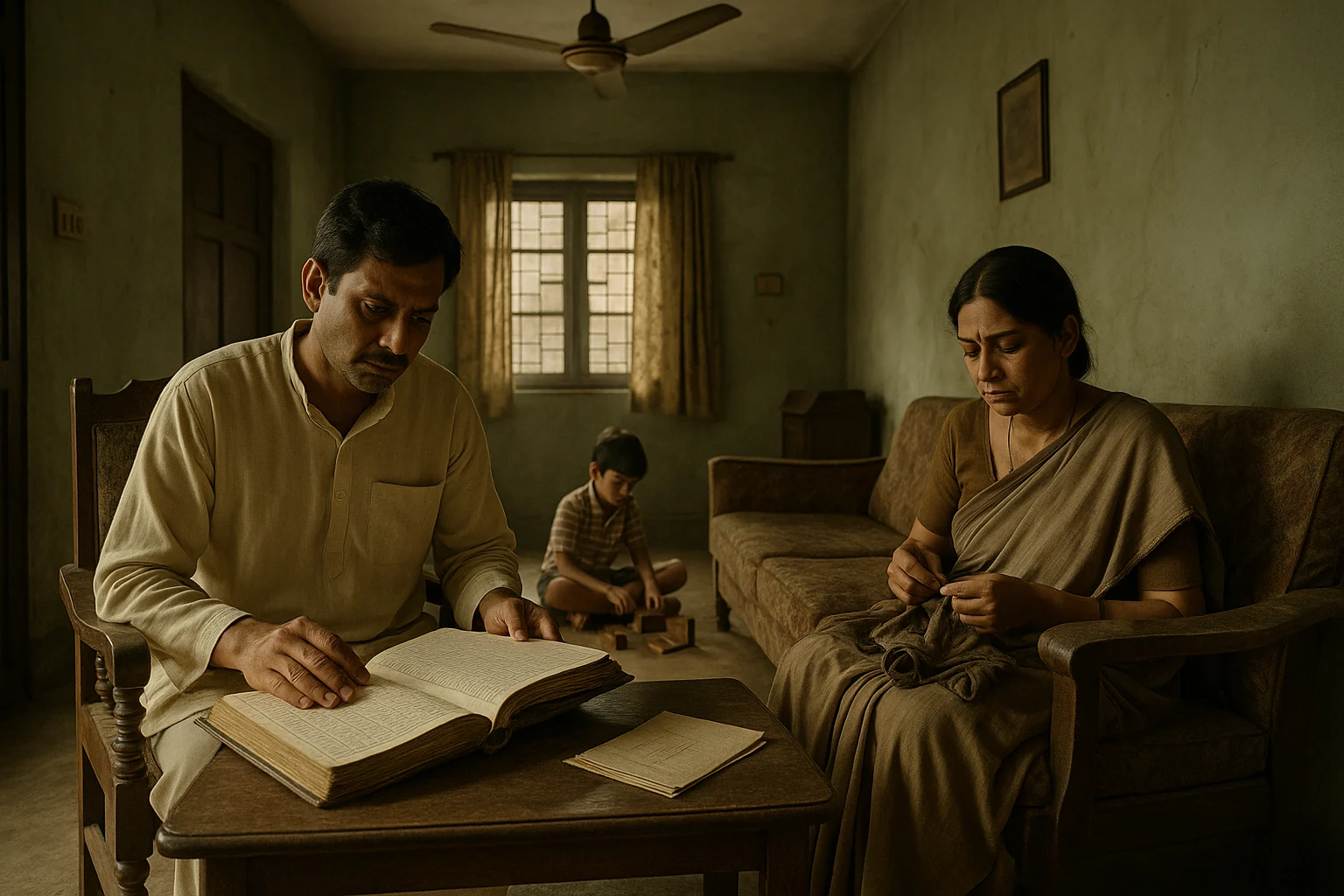
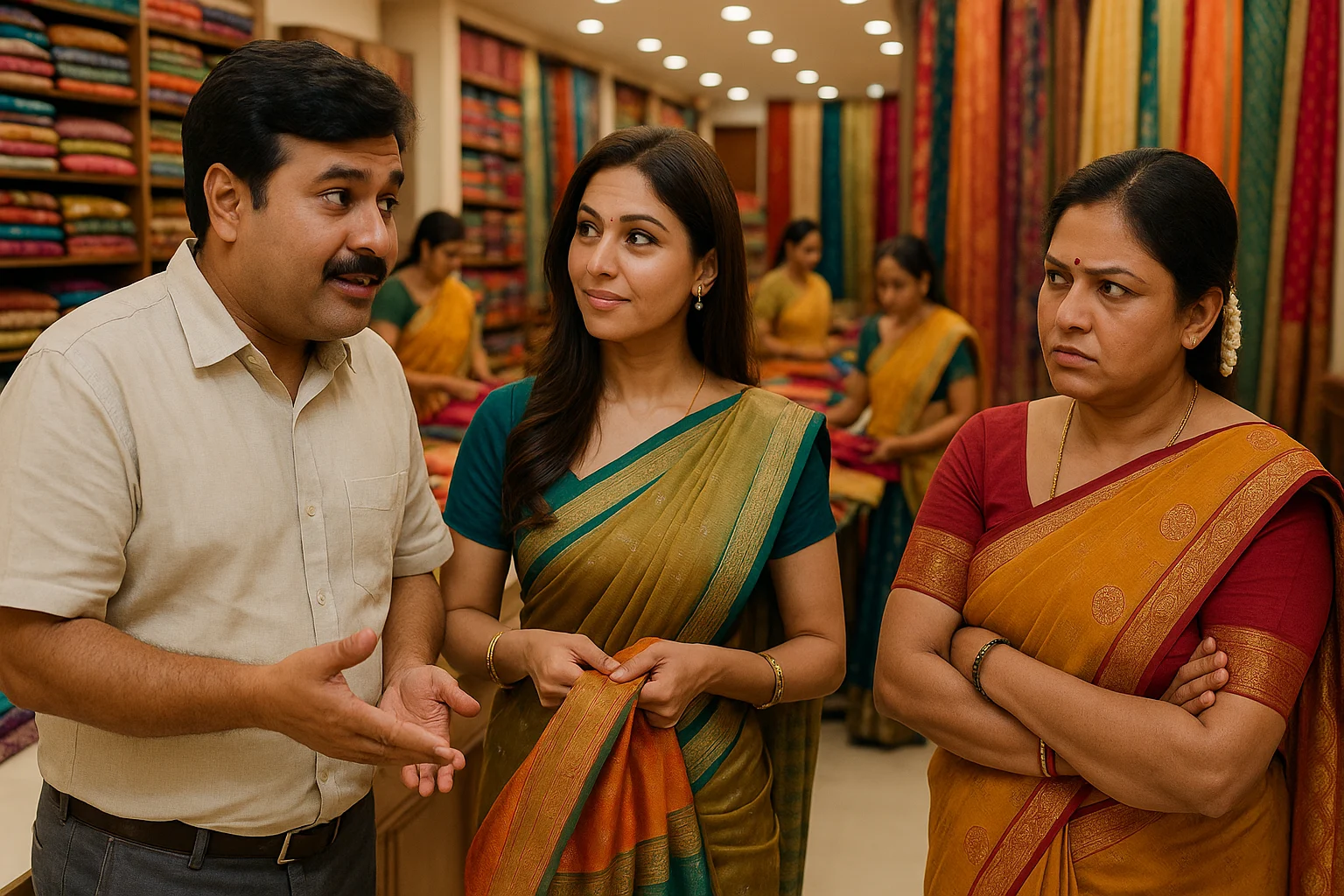
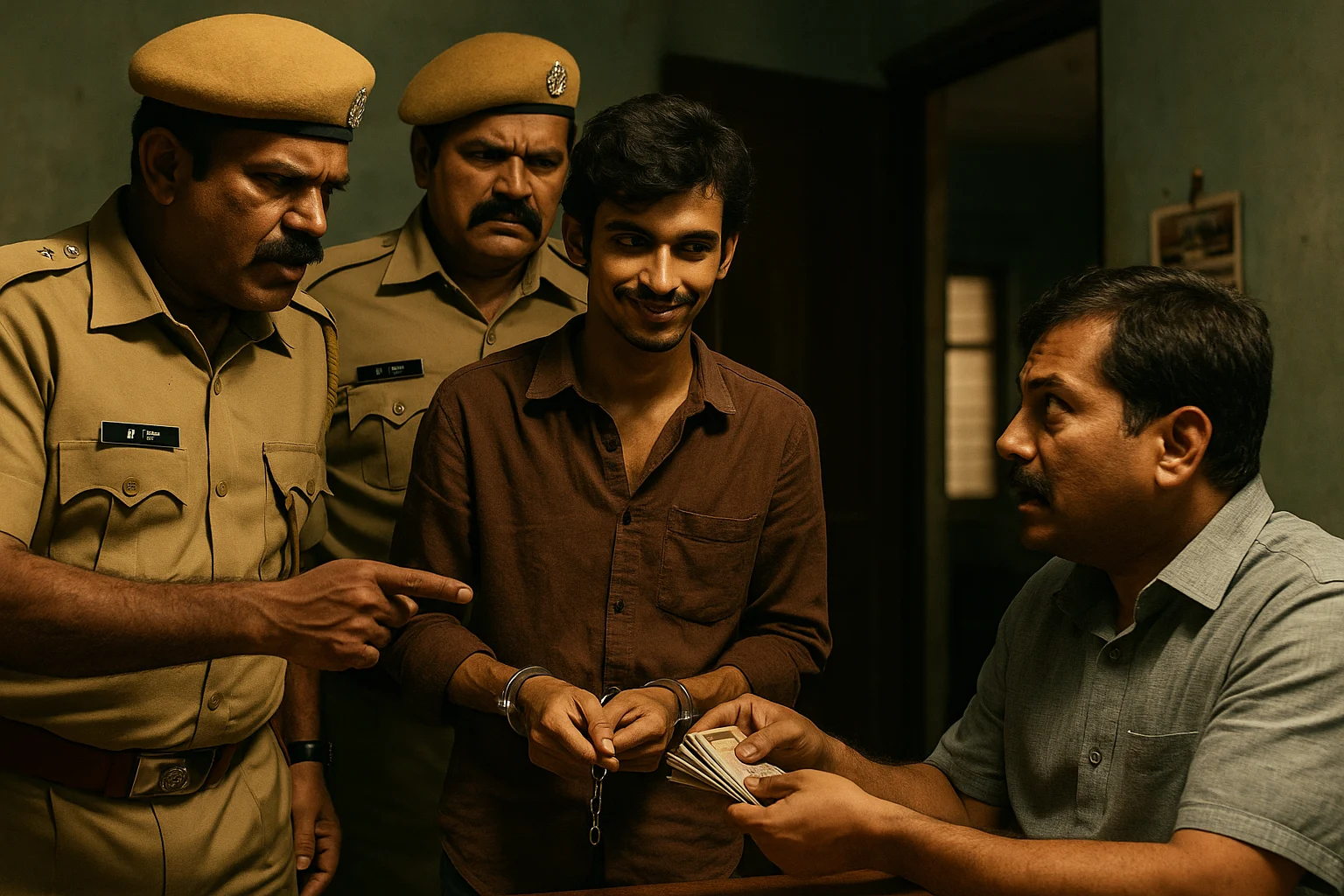






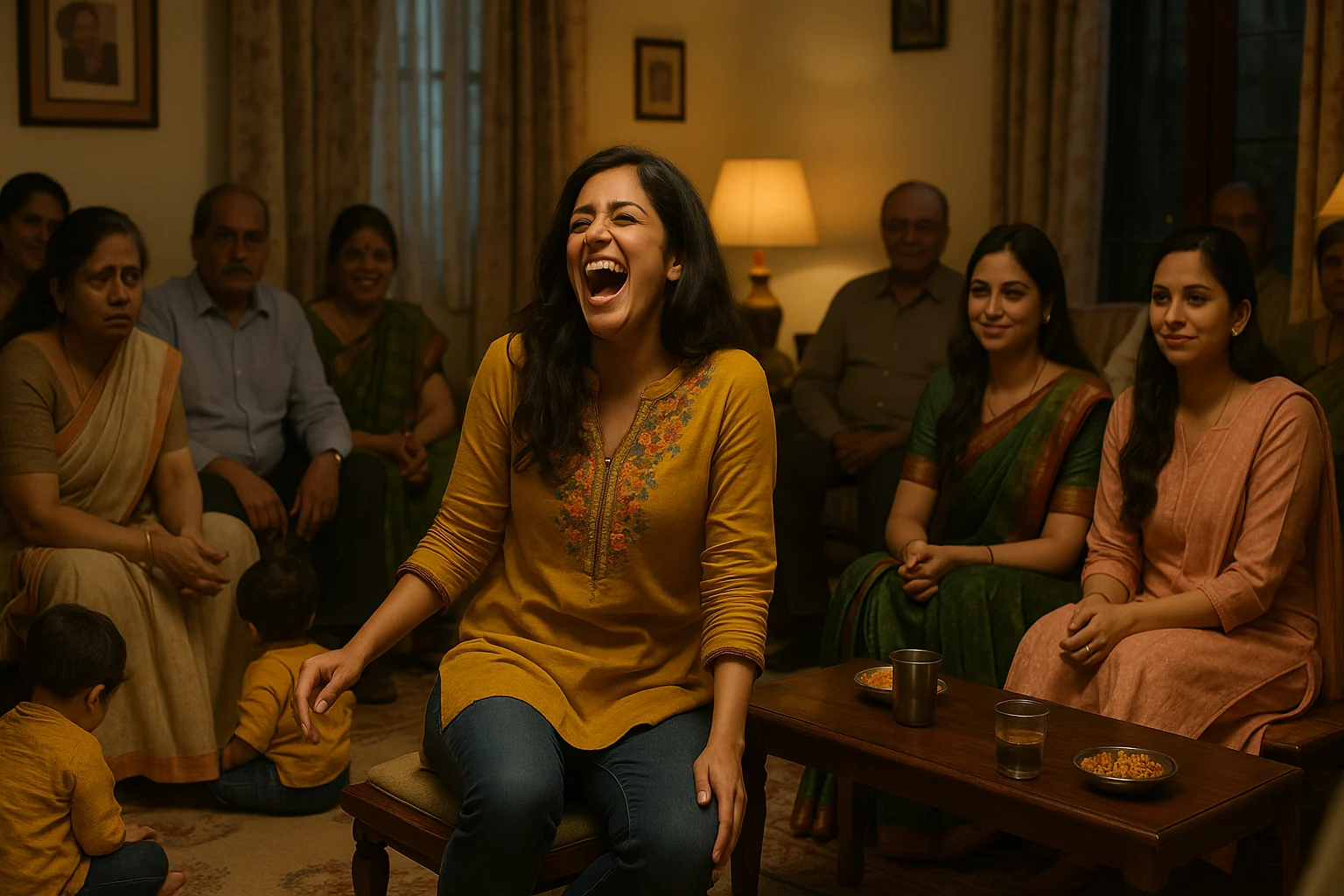
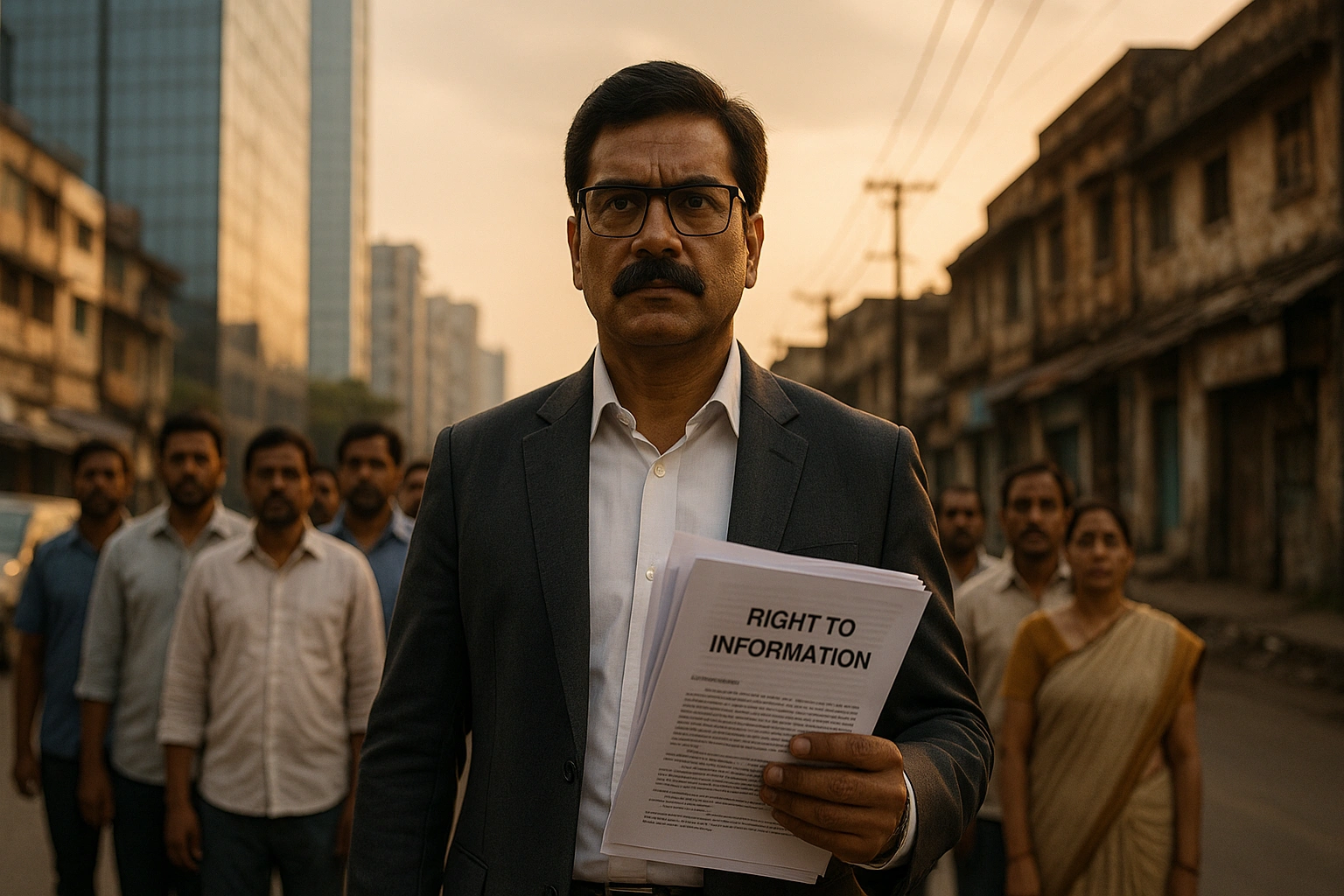
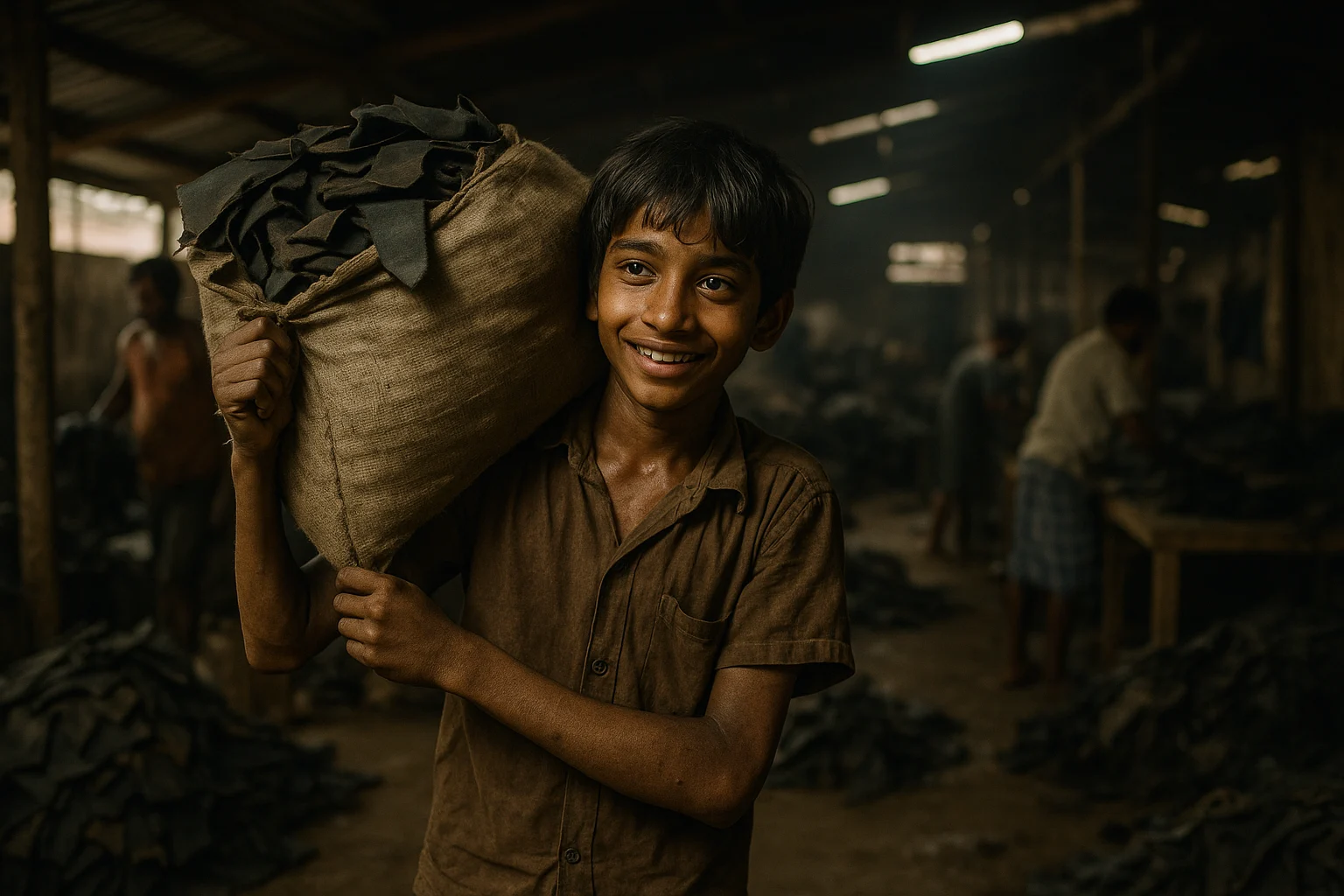







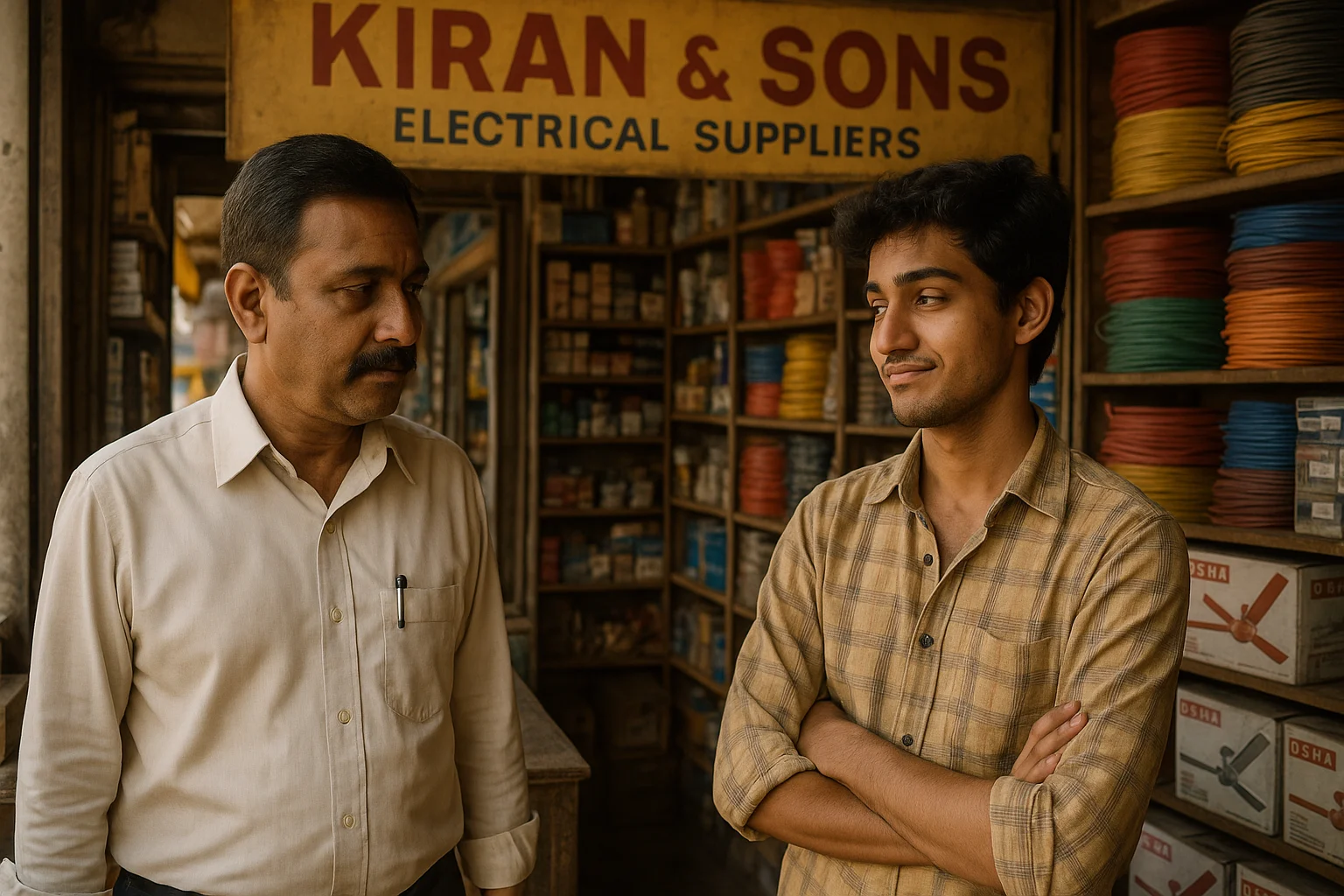


Agree with the writer….